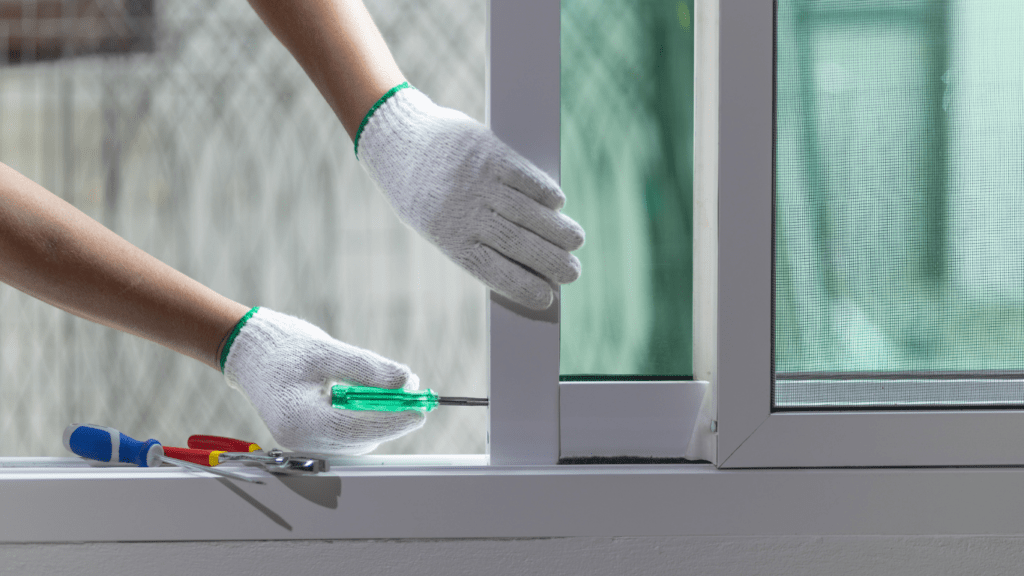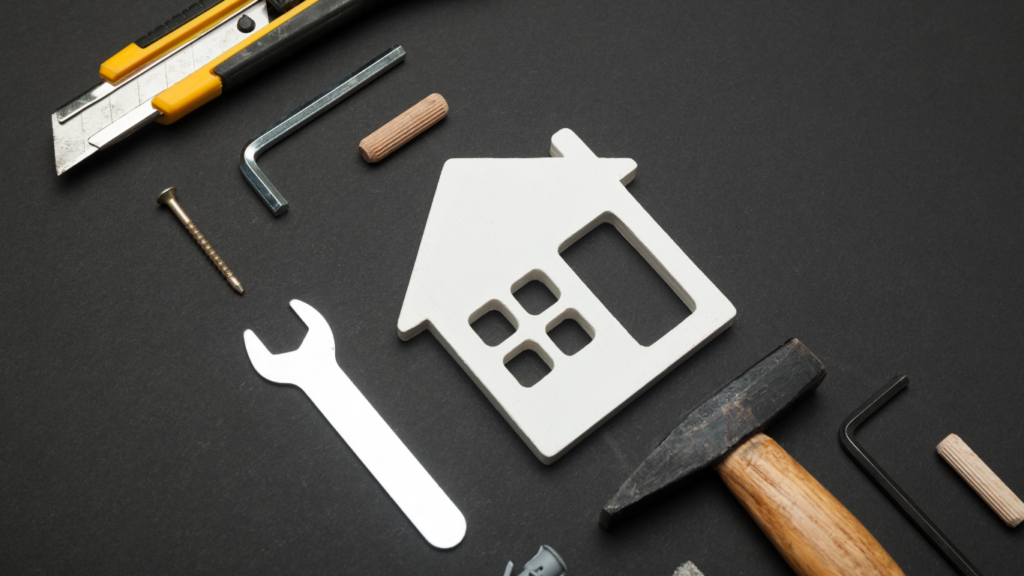Understanding The Importance Of Property Maintenance
Property maintenance protects the value of an investment and enhances its longevity. Addressing repairs promptly, regular cleaning, and seasonal checks can prevent a small issue, like a leaky roof, from turning into an expensive overhaul. A well-maintained property also attracts quality tenants and reduces turnover rates.
Neglect leads to structural damage, health hazards, and depreciated value. For instance, ignoring mold growth or faulty electrical wiring can result in serious safety risks. Implementing regular inspection schedules minimizes overlooked problems.
Maintained properties comply with local regulations and building codes. Routine maintenance ensures elements like plumbing, ventilation, and fire safety systems function correctly. Adherence to these standards avoids fines and potential legal challenges.
The Do’s Of Property Maintenance

Proactive management ensures a property remains functional, safe, and retains its value. Following key practices can make maintenance both efficient and effective.
Develop A Regular Maintenance Schedule
I create and follow a detailed schedule to ensure that no essential task is overlooked. For example, HVAC systems require servicing every six months, while gutters should be cleaned twice annually. A consistent schedule helps identify problems before they escalate.
Keep Accurate Records
I maintain detailed records of completed maintenance tasks, repairs, and expenses. For instance, documenting when a roof was last inspected ensures I know when the next check is due. Proper record-keeping simplifies budgeting and provides a clear history for future property sales.
Address Repairs Promptly
I fix issues as soon as they’re identified, preventing small problems from becoming expensive repairs. For example, repairing a minor plumbing leak immediately avoids water damage and higher long-term costs. Prompt action reduces operational risks and lower tenant dissatisfaction.
Invest In High-Quality Materials
I use durable, high-quality materials for upgrades and repairs to ensure longevity. For instance, installing energy-efficient, double-glazed windows reduces future energy costs and requires less maintenance compared to lower-grade options. Quality investments enhance property durability.
Focus On Preventative Maintenance
I prioritize actions that prevent future damage or deterioration. For example, sealing cracks in exterior walls prevents water infiltration and structural weakening. Preventative measures protect property value and reduce the frequency of emergency repairs.
The Don’ts Of Property Maintenance
Overlooking certain practices in property maintenance can lead to significant problems and costly outcomes. Avoiding these common errors helps protect your property’s value and functionality.
Ignore Small Issues
Postponing minor repairs, like fixing a dripping faucet or sealing small wall cracks, often leads to bigger problems. For example, an unnoticed leaky pipe can cause mold growth or structural damage over time. Addressing small issues early ensures they don’t grow into costly repairs.
Use Substandard Materials
Using low-grade materials for repairs or upgrades reduces the property’s longevity and can increase future maintenance costs. For instance, opting for cheap roofing materials may result in frequent leaks and replacements. Investing in high-quality solutions guarantees durability and better performance.
Delay Necessary Repairs
Delaying essential repairs risks exacerbating property damage and endangering occupants. Faulty electrical wiring, for example, could turn into a fire hazard if ignored. Prioritize repairs promptly to minimize risks and avoid emergency expenses.
Neglect Seasonal Maintenance Needs
Skipping seasonal checks, like clearing gutters before winter or inspecting HVAC systems before summer, can lead to system failures and unexpected expenses. For example, clogged gutters might cause water damage during heavy rains. Consistent seasonal maintenance reduces inefficiencies and long-term costs.
Common Property Maintenance Mistakes To Avoid
Avoiding common property maintenance mistakes helps preserve value and prevent unnecessary costs. Neglecting essential tasks can result in dangerous conditions or expensive repairs.
Overlooking Safety Checks
Regular safety checks ensure systems like:
electrical wiring, smoke detectors, and fire extinguishers function properly. Ignoring these checks increases the risk of accidents and legal consequences. For example, an unchecked electrical fault could start a fire. I prioritize scheduling safety inspections and replacing expired equipment immediately to reduce hazards and liabilities.
Skipping Inspections
Skipping routine property inspections allows minor issues, such as leaks or pest infestations, to grow into costly problems. These inspections help me identify wear and tear or code violations early. If inspections are skipped, unseen problems may cause long-term damage, such as mold or structural compromise. I stay consistent by conducting inspections seasonally and documenting findings for proactive action.

 Maecherie Buchanan brought her creativity and knowledge to Mode Key Homes, enriching the platform with inspiring home renovation ideas and energy-efficient solutions. Her work ensures that homeowners have access to innovative ways to enhance and transform their living spaces.
Maecherie Buchanan brought her creativity and knowledge to Mode Key Homes, enriching the platform with inspiring home renovation ideas and energy-efficient solutions. Her work ensures that homeowners have access to innovative ways to enhance and transform their living spaces.